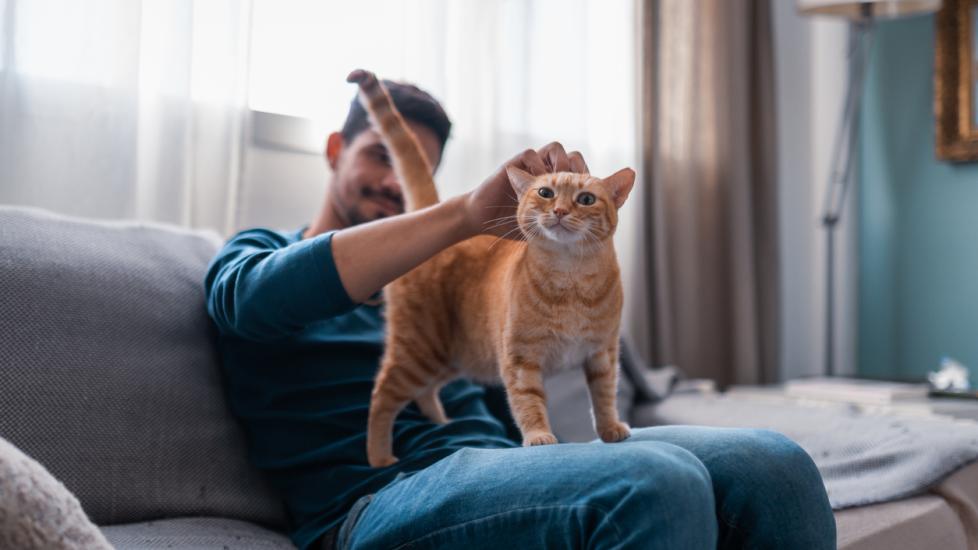 The Feline Lifespan: Understanding Your Cat’s Life Expectancy
The Feline Lifespan: Understanding Your Cat’s Life Expectancy
When we welcome a feline friend into our lives, one of the first questions that often comes to mind is “how long do cats live?” The answer isn’t as straightforward as it might seem. A cat’s lifespan can vary greatly based on several factors, including genetics, diet, environment, and overall health care. However, with proper attention to these aspects, many cats can enjoy a life well beyond their expected average.
Genetics Play a Role
Much like in humans, an individual cat’s genetic makeup can significantly influence its longevity. Some breeds are predisposed to certain health issues or have inherent qualities that affect their lifespans. For example, larger, longer-haired breeds such as Maine Coons tend to have shorter lifespans than smaller, shorthaired ones due to potential complications associated with their size and coat maintenance.
Dietary Choices Matter
A balanced and nutritious diet is crucial for your cat’s longevity. Feeding them high-quality food tailored to their specific nutritional needs can make a world of difference. Overweight cats face increased risks of developing conditions like diabetes and arthritis, which can reduce their life expectancy. It’s important to consult with a veterinarian about appropriate feeding schedules and dietary options for your pet.
Environmental Factors Count
Cats living in stress-free environments with plenty of opportunities for play and stimulation are more likely to thrive. Providing toys, scratching posts, perches, and a safe outdoor space (if feasible) can contribute positively to your cat’s quality of life and potentially extend its years. Conversely, exposure to toxins, loud noises, or other environmental hazards can be detrimental to your furry companion’s health.
Regular Veterinary Care Is Key
Regular checkups with the vet are essential for early detection and treatment of any health problems. Vaccinations, parasite prevention, and regular screenings for common ailments like dental disease, obesity, and kidney disorders can help keep your cat healthy and active throughout its life. Early intervention can mean the difference between managing a condition and dealing with a serious illness down the road.
Training and Socialization Can Help
While not all cats are highly trainable, providing positive reinforcement and socialization from an early age can lead to a well-behaved adult cat. This training helps establish good habits and reduces the risk of behavioral issues that could lead to stress or injury. Additionally, keeping up with grooming routines and nail trimming can prevent discomfort and maintain your cat’s hygiene.
On average, domestic indoor cats typically live between 12 and 16 years. With exceptional care, some may reach 18 years or even older. Outdoor cats generally have a shorter lifespan due to increased risks posed by traffic, predators, and diseases spread through interactions with other animals. It’s worth noting that just because a cat reaches a particular age doesn’t guarantee it will stop thriving—many continue to live vibrant lives past the average lifespan if they receive attentive care.
As a pet owner, understanding how you can maximize your cat’s lifespan is key to ensuring a joyful companionship filled with purrs and cuddles. By focusing on genetics, nutrition, environment, veterinary care, and training/socialization, you can provide your feline friend with the best possible chance at a long and fulfilling life.
